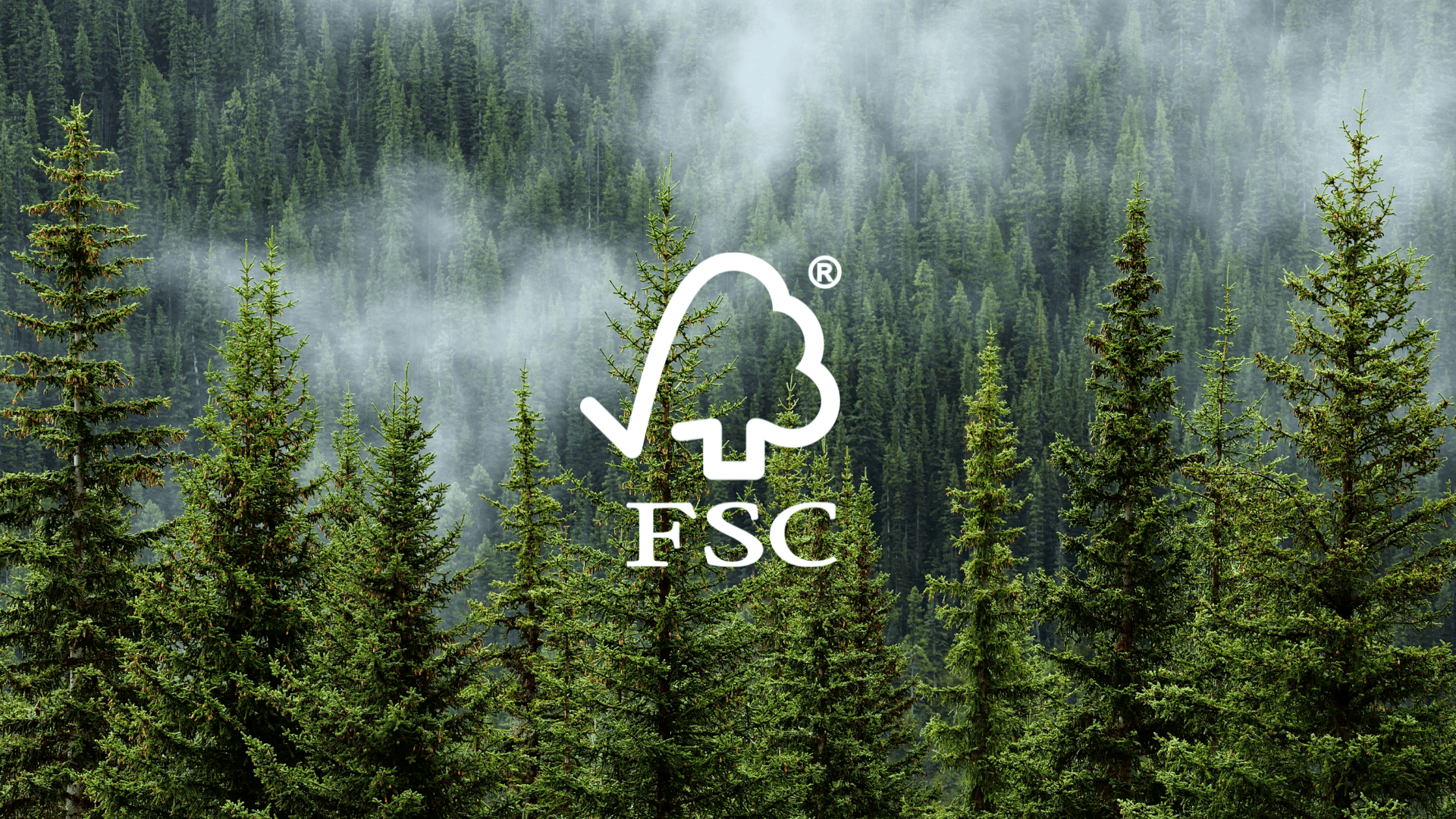
The FSC or Forest Stewardship Council is an international non-profit organization dedicated to promoting the responsible management of the world’s forests. Established in 1993, it developed standards based on agreed principles for responsible forest management, which are supported by environmental, social, and economic stakeholders.
The main objectives of the FSC can be divided into three key aspects:
Promoting Environmentally Responsible Management: FSC standards ensure that the ecological functions of forests are maintained, and biodiversity is preserved.
Social Responsibility: FSC ensures that the rights of indigenous peoples and local communities are respected, and that forest management practices deliver social benefits.
Economic Sustainability: FSC promotes sustainable economic models that ensure long-term viability of forest management operations.
FSC certification is a voluntary process that forest managers and companies undergo to demonstrate their commitment to responsible forest management. There are two main types of FSC certification:
Forest Management Certification: This certifies forest management operations that comply with FSC’s principles and criteria for responsible forest management.
Chain of Custody Certification: This ensures that FSC-certified materials are identified and separated from non-certified materials throughout the supply chain, from forest to final product.

The FSC logo on paper packaging signifies that the packaging meets sustainable forest management standards. It conveys the importance of FSC-labeled packaging in protecting the environment and building trust in a brand.
Products labeled with FSC indicate that the materials used come from responsibly managed forests and supply chains. These labels include:
FSC 100%: All wood or fiber in the product comes from FSC-certified forests.
FSC Recycled: The product is made from 100% recycled content.
FSC Mix: The product is made from a mix of FSC-certified wood, recycled wood, and controlled wood.
Environmental Impact: Ensures sustainable forest management practices that protect ecosystems and biodiversity.
Social Benefits: Supports the rights and well-being of workers and local communities.
Economic Value: Helps businesses committed to sustainable practices gain access to markets and competitive advantages.
FSC is widely recognized and has a significant influence on forest management and product markets globally. FSC certification is regarded as a mark of credibility and responsibility, promoting better forest management practices worldwide.
In recent years, global consumers have shown increasing interest in eco-friendly products. As awareness of the environmental impact of production and packaging has grown, FSC has become a trusted international standard. Companies aiming to project a responsible image often choose FSC-certified packaging to demonstrate that their products come from sustainable resources.
FSC’s global influence not only helps protect the environment but also encourages businesses worldwide to operate more responsibly. Choosing FSC-certified packaging not only helps preserve forests but also builds trust and credibility for brands in today’s environmentally conscious market.
Other Articles You May Interest